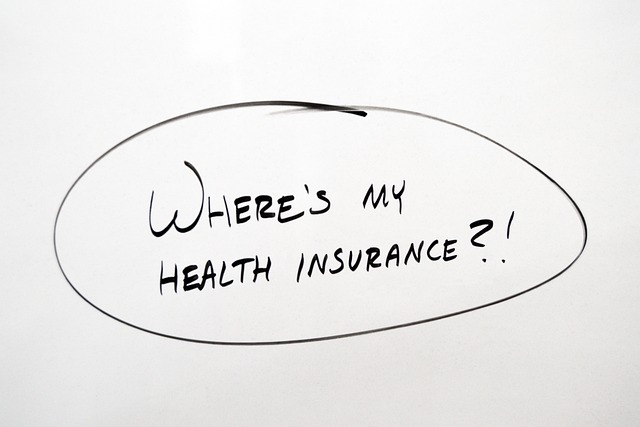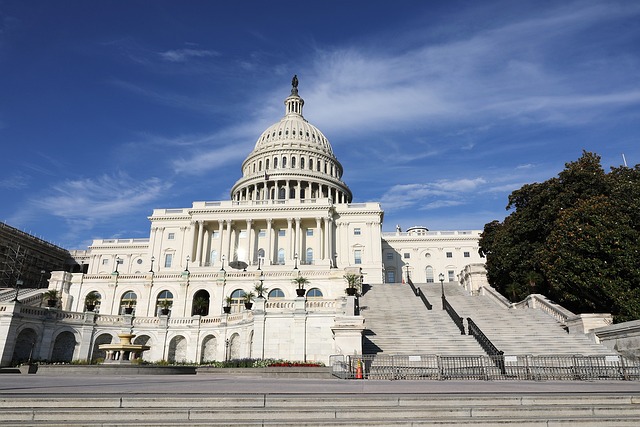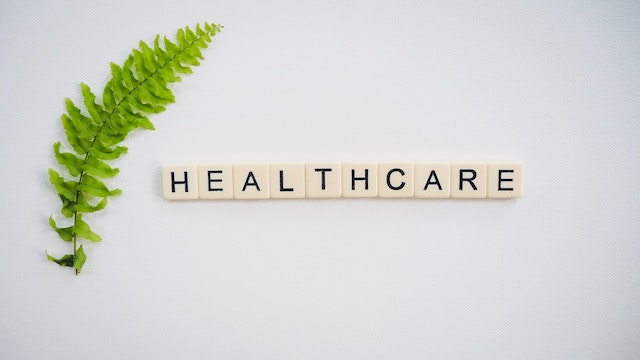From my America Out Loud Pulse podcast with Twila Brase, RN, PHN –https://www.americaoutloud.news/hacking-electronic-health-records-medicare-disadvantages-and-measles/
Hacking into electronic databases has become child’s play. Since 2018, the Health and Human Services (HHS) Office for Civil Rights tracked a 256 percent increase in large data breaches involving hacking and a 264 percent increase in ransomware. With ransomware, the database owner must fork over a ransom in order to get cannot get access.
On February 21, 2024, United Health’s Change Healthcare was hacked. Change Healthcare processes 15 billion healthcare transactions annually and touches one in every three patient records. The outage has multiple drug stores and health systems and affected billing and physician payments, electronic medical records retrieval by insurers, verification of insurance eligibility, prior authorization requests, and prescription processing. Health systems are having difficulty billing for most hospital services. Some pharmacists are charging patients the full price because they are unable to access the co-pay information. According to an estimate from a digital health risk assurance firm, First Health Advisory, the outage is costing health care providers over $100 million daily. The American Hospital Association president and CEO said, “We cannot say this more clearly — the Change Healthcare cyberattack is the most significant and consequential incident of its kind against the U.S. healthcare system in history.”
According to a March 4, 2024 Wired magazine article, one of the partners of the hackers known as AlphV or BlackCat revealed that the hackers received 350 Bitcoins in a single transaction worth $22 million. On March 3rd, someone describing themselves as an affiliate of AlphV posted to the cybercriminal underground forum RAMP that AlphV had cheated them out of their share of the Change Healthcare ransom. Change Healthcare did not confirm or deny the ransom to Wired, commenting that “we are focused on the investigation right now.”
UnitedHealth apparently is offering paltry sums to physicians who have not been reimbursed for their services or in some cases, costly cancer medications.
There is nothing more private than our personal health information. Artificial Intelligence (AI) is erasing what little privacy we had left in the era where mot doctors’ offices use electronic health records (EHRs). This brings up another issue on the horizon is something called ambient artificial intelligence. It listens to your “private” patient-doctor conversation and processes information, then writes a clinical note summarizing the visit. More than 3,400 physicians at Kaiser Permanente Medical Group of Northern California have been using this since October 2023. Some positives include the physician being more attentive to patients since they are not writing notes. The automatic transcription lessened the up to six hours a day spent on electronic medical records. The question is obvious: who controls this information and what else will it be used for?
We’ll talk about this and so much more with my guest, a nationally recognized expert in the field of medical privacy.
Bio
Twila Brase is President and Co-founder of Citizens’ Council for Health Freedom (CCHF), a national patient-centered, privacy-focused, free-market policy organization established 25 years ago in Minnesota to support health care choices, individualized patient care, and medical and genetic privacy. Her efforts led to a national law requiring parental consent for research using newborn DNA. Ms. Brase is author of the eight-time award-winning book Big Brother in the Exam Room: The Dangerous Truth About Electronic Health Records.
Ms. Brase’s “Health Freedom Minute” is heard weekdays by more than 5 million listeners across the United States. She provides testimony at state legislatures, meets with members of Congress and health care policymakers, and has been featured in major news outlets such as the Wall Street Journal and the Washington Post.
Citizens Council for Health Freedom website: https://www.cchfreedom.org
The Wedge of Health Freedom (independent physicians) website: https://jointhewedge.com
Big Brother in the Exam Room: The Dangerous Truth About Electronic Health Records. https://www.amazon.com/Big-Brother-Exam-Room-Electronic/dp/1592987060/ref=monarch_sidesheet






